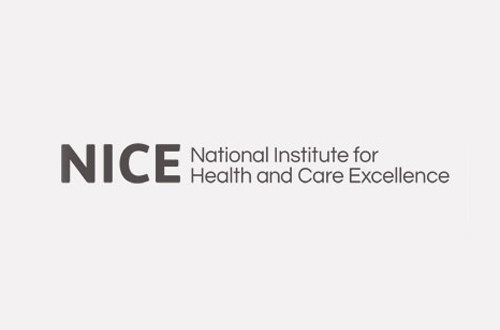
NICE has backed Amgen’s new cholesterol-lowering therapy Repatha for prescribing on the NHS in England, but rejected a rival drug from Sanofi/Regeneron.
Repatha (evolocumab) and Sanofi/Regeneron’s Praluent (alirocumab) are both PCSK9 inhibitors, working to reduce low-density lipoprotein cholesterol (LDL-C) levels via a different mechanism to established drugs such as statins.
They have been clinically proven to help more patients reach cholesterol treatment goals but their high prices – and a lack of data so far on the cardiovascular outcomes – have raised questions about their cost-effectiveness.
NICE had earlier rejected Repatha on the grounds of a lack of cardiovascular outcomes data, but reversed its stance in a second consultation, provided Amgen continues to honour an agreed discount on its price.
It is important to note that this does not constitute final guidance on the drug and the agency’s appraisal committee will convene a meeting on March 9 prior to a firm determination.
The verdict also only relates to one dose of the drug – 140mg given every two weeks – in patients with primary non-familial hypercholesterolaemia or mixed dyslipidaemia who also have persistently high LDL-C concentrations despite maximum lipid-lowering therapy and cannot take statins.
Praluent has however been rejected in draft guidance with NICE indicating it will need additional evidence of its effectiveness for the drug both alone and in combination with other cholesterol drugs in its approved indications: primary hypercholesterolaemia – heterozygous-familial and non-familial – and mixed dyslipidaemia.
Specifically, the UK watchdog said it was concerned that unlike Repatha Praluent has not been compared to the existing combination therapy of a statin plus MSD’s Zetia (ezetimibe) in clinical trials in “the large population of people with non-familial hypercholesterolaemia”.
It also said that Sanofi and Regeneron’s clinical dossier did not show that Praluent can reduce cardiovascular outcomes.
In a statement, Tony Patrikios, executive medical director at Amgen UK & Ireland, welcomed NICE’s reversal but expressed concerns about the decision on patients eligible for statin therapy.
“Beyond these draft recommendations, another priority will be patients with existing cardiovascular disease who fail to reduce their LDL-C to a satisfactory level despite the use of statins and who remain at high risk,” he said.
“For them, access to new treatment options is critically important to help avoid a heart attack or stroke.”
Despite the expected access issues in some markets, GlobalData has previously predicted that the PCSK9 inhibitor class could capture a 40% share of the $17.5bn acute coronary syndromes market by 2023.




